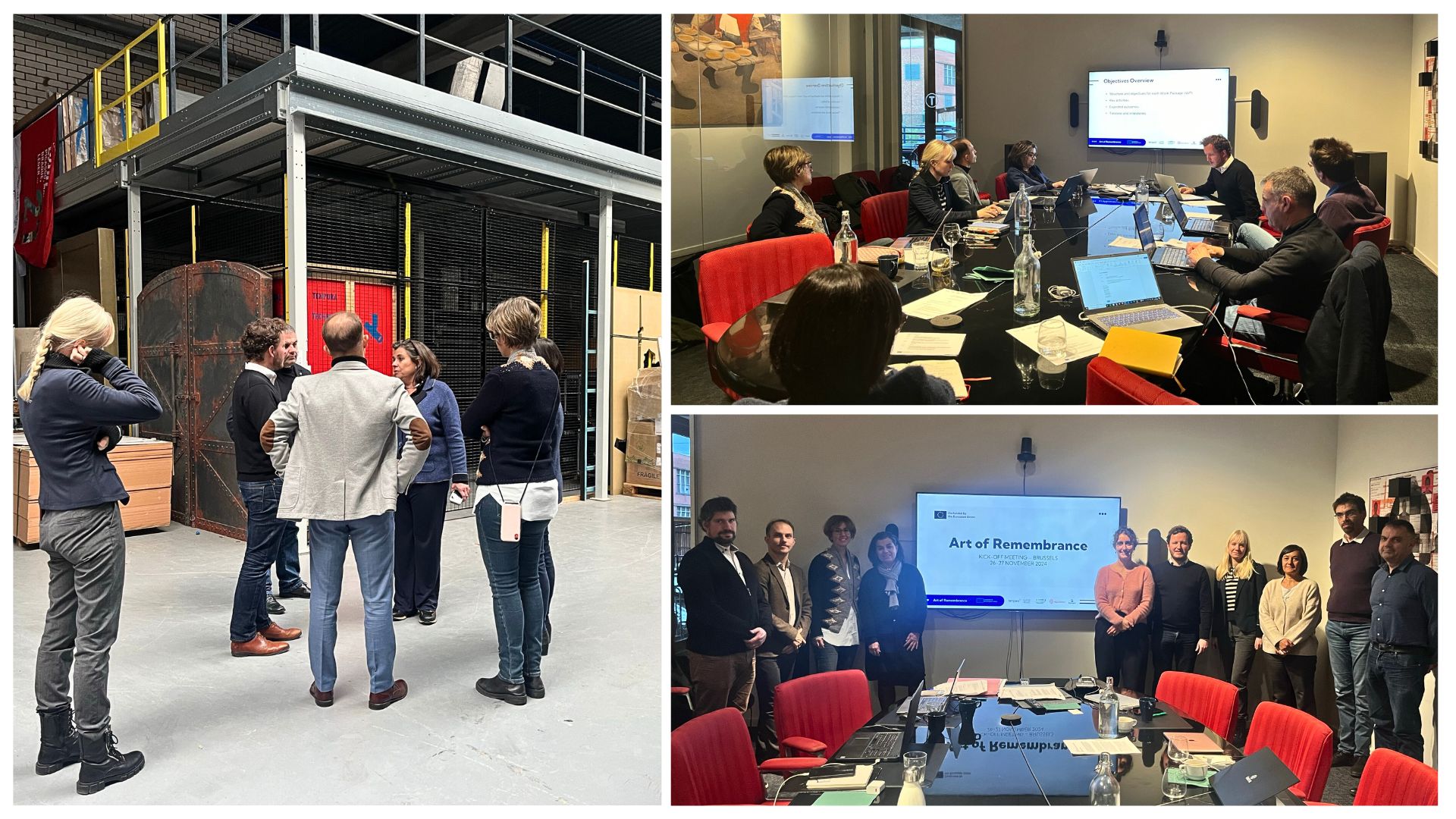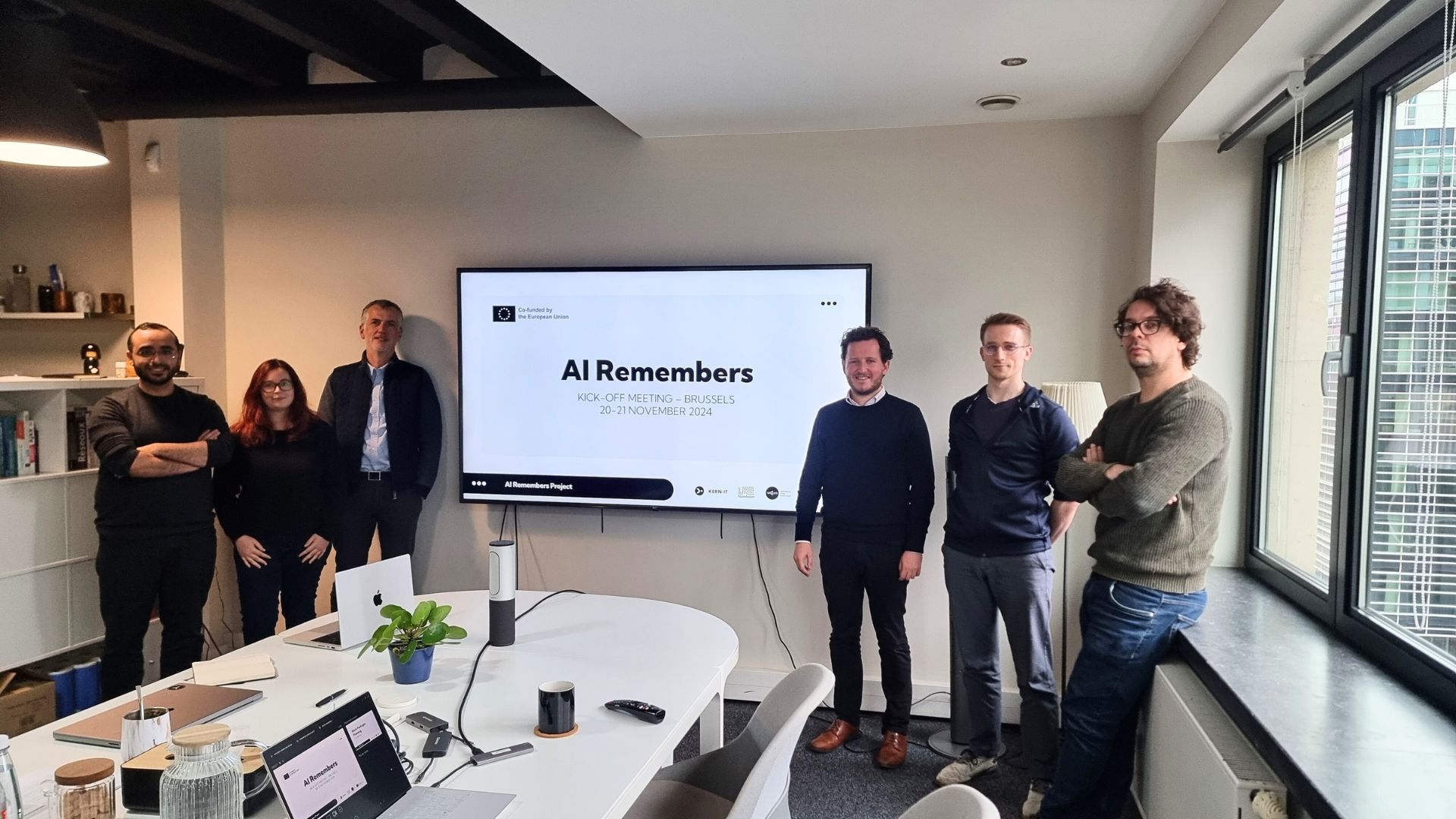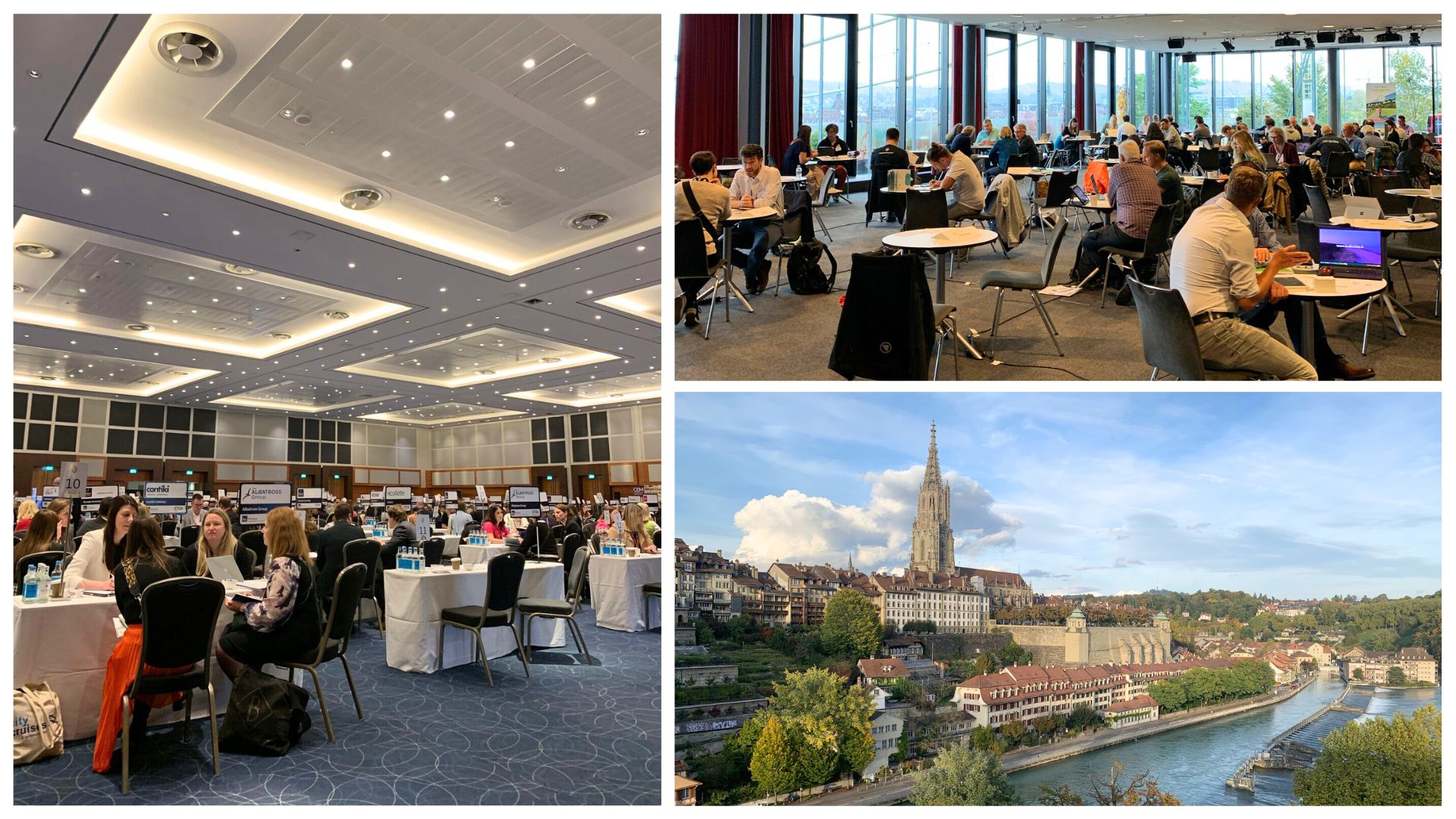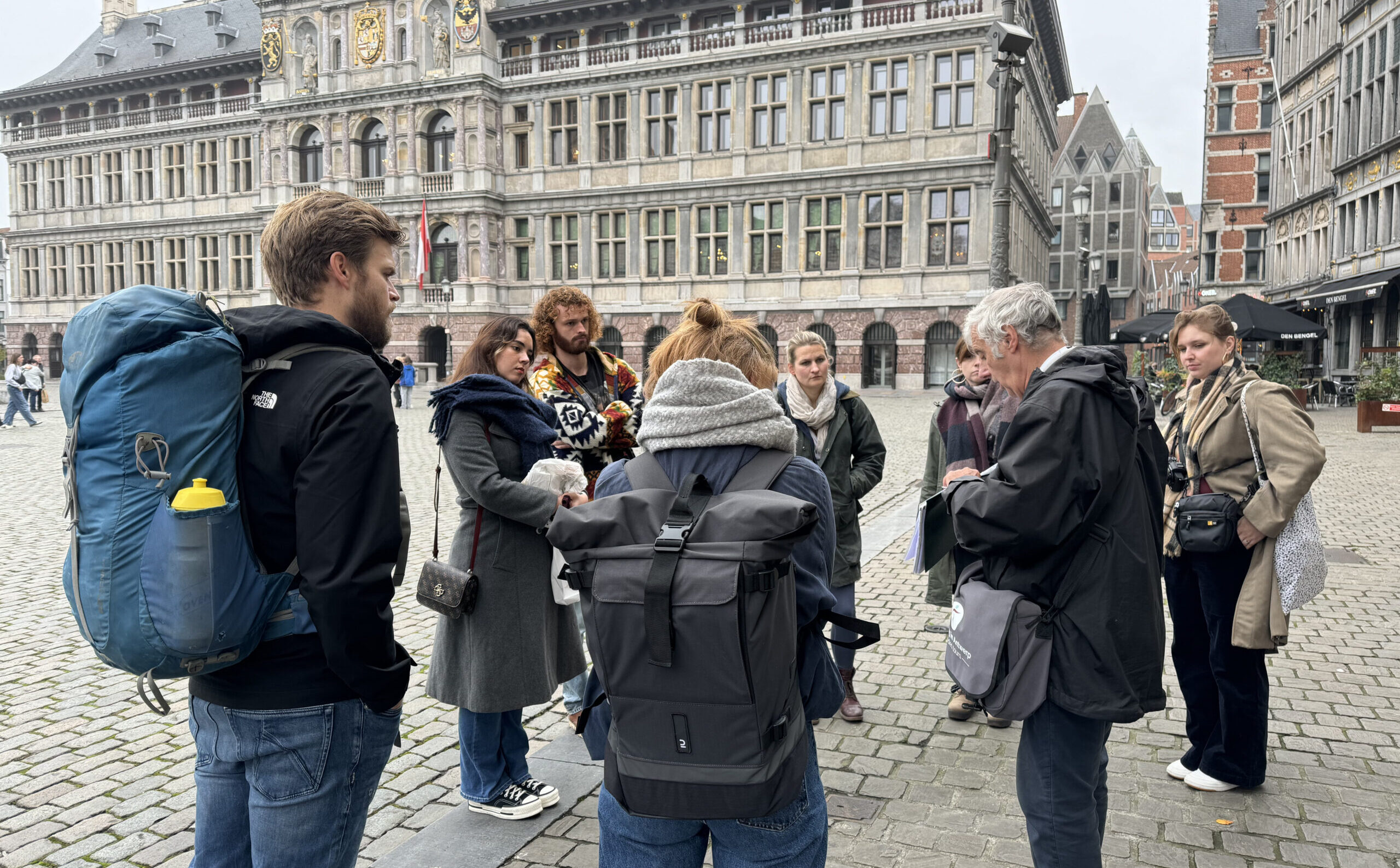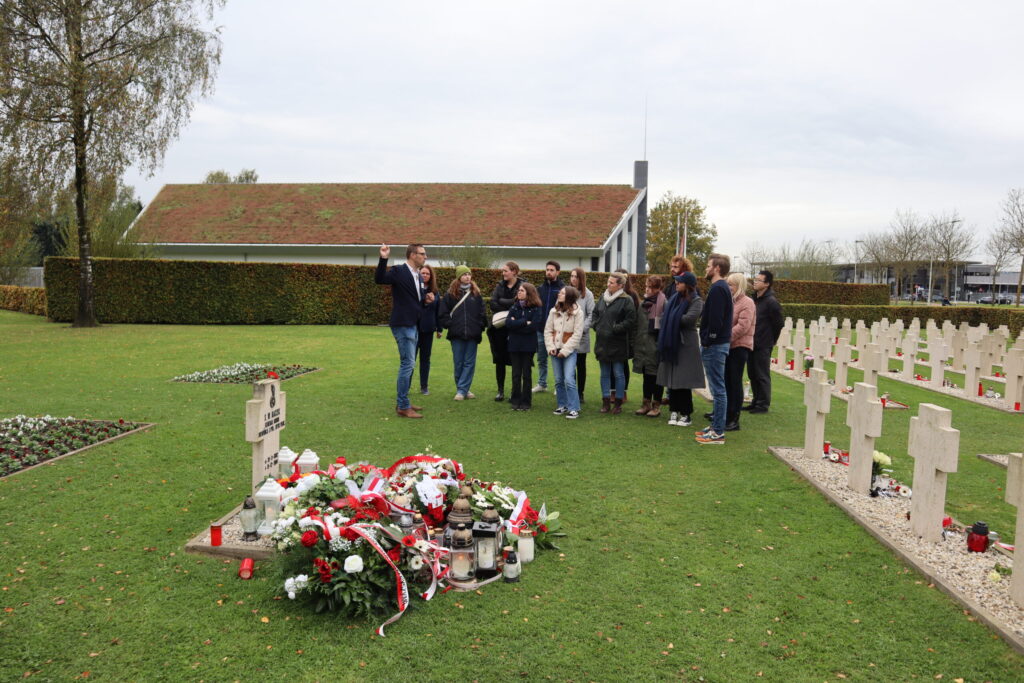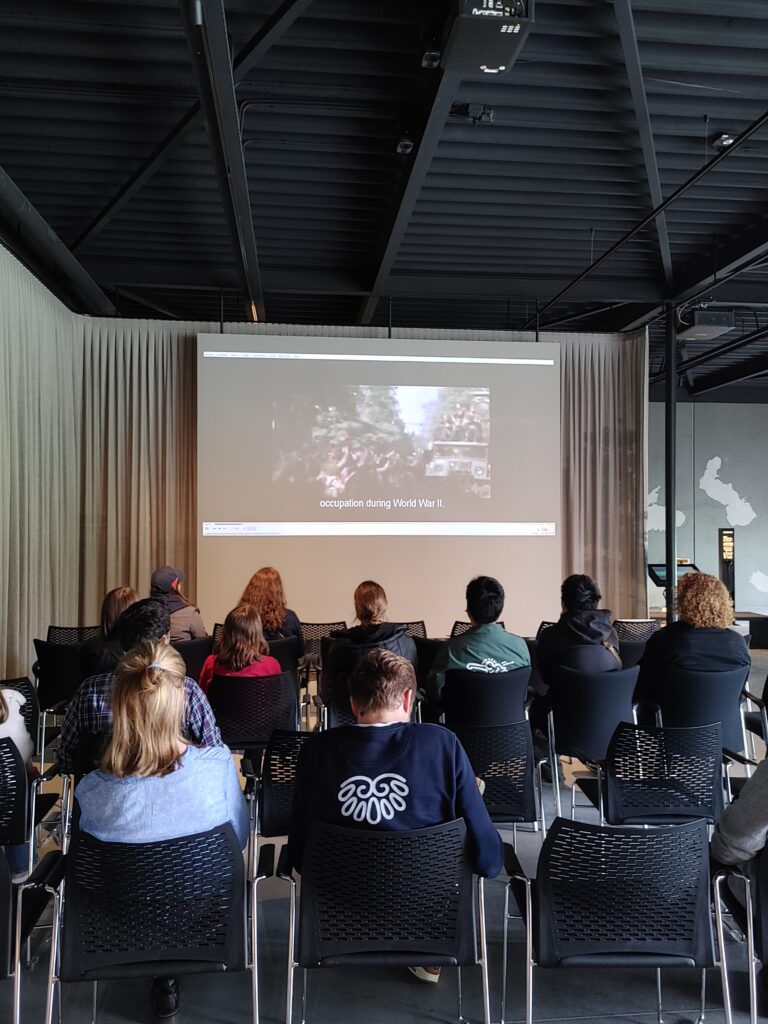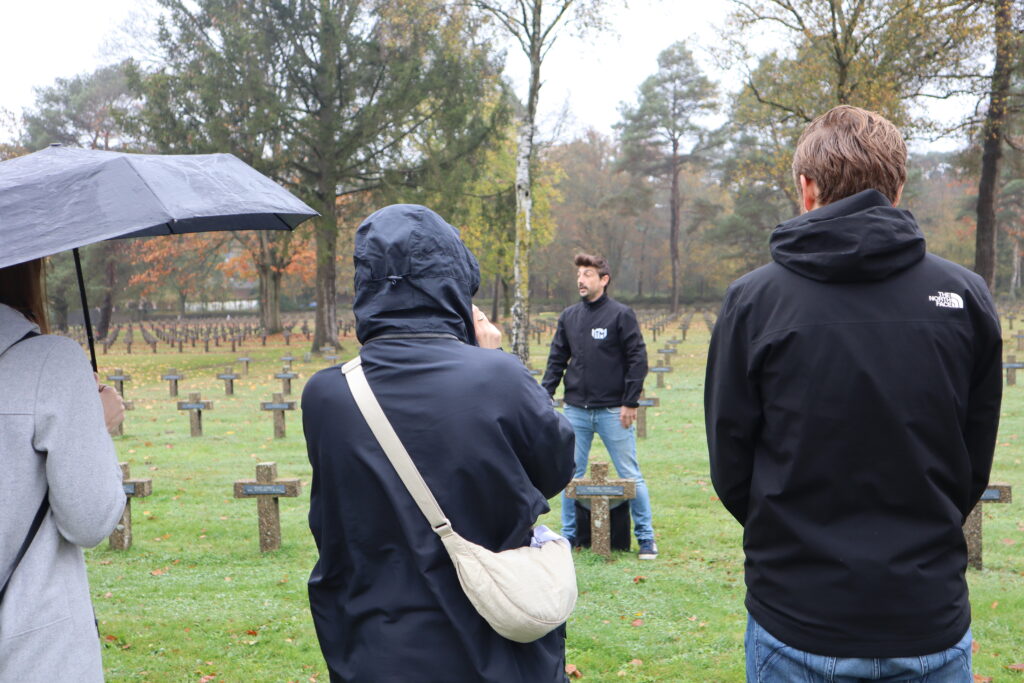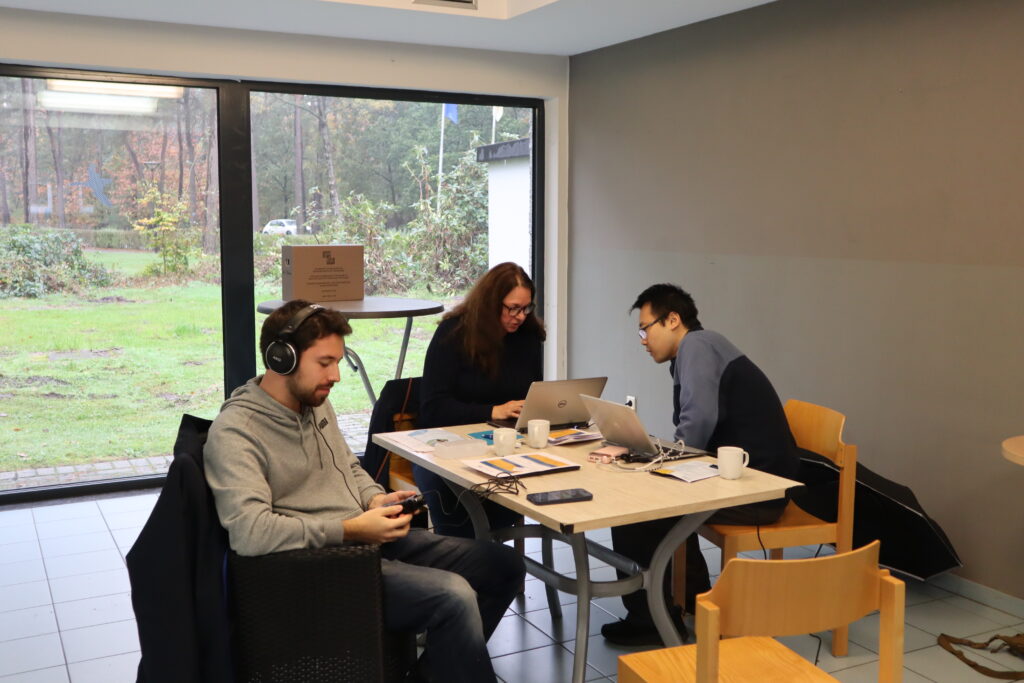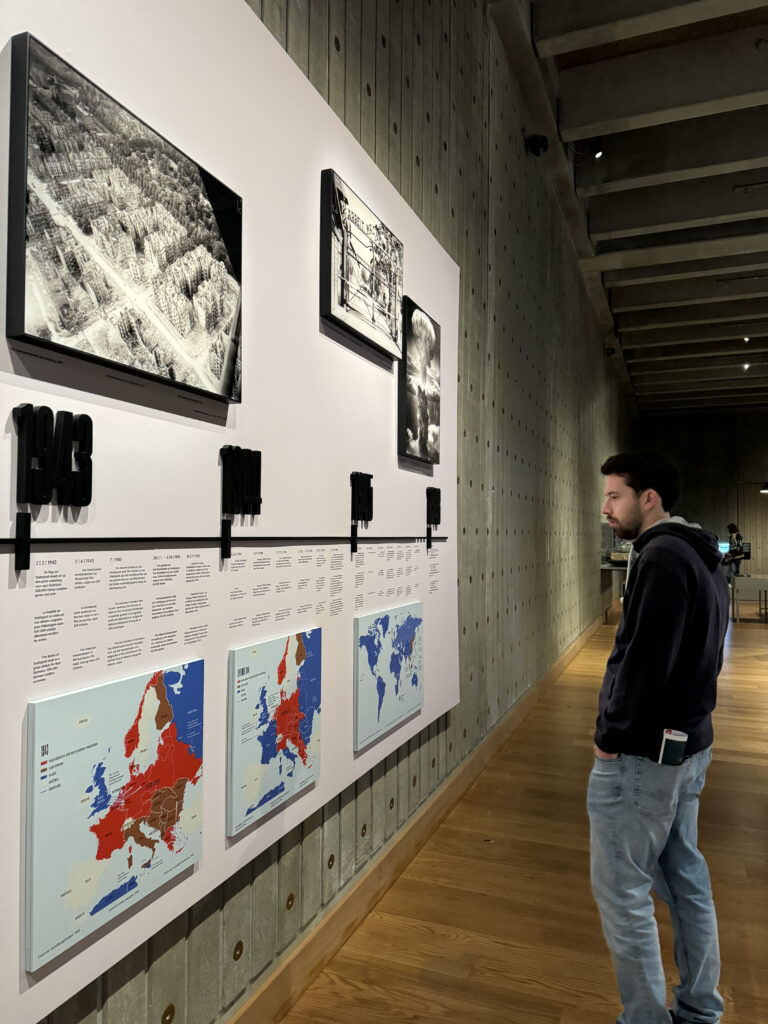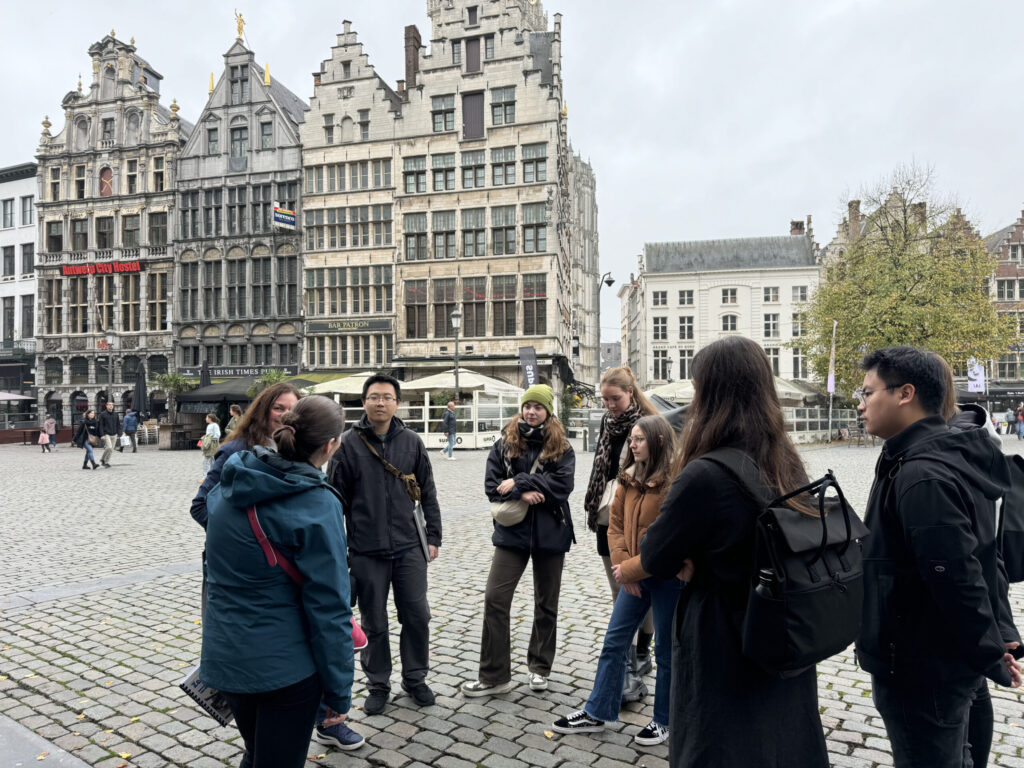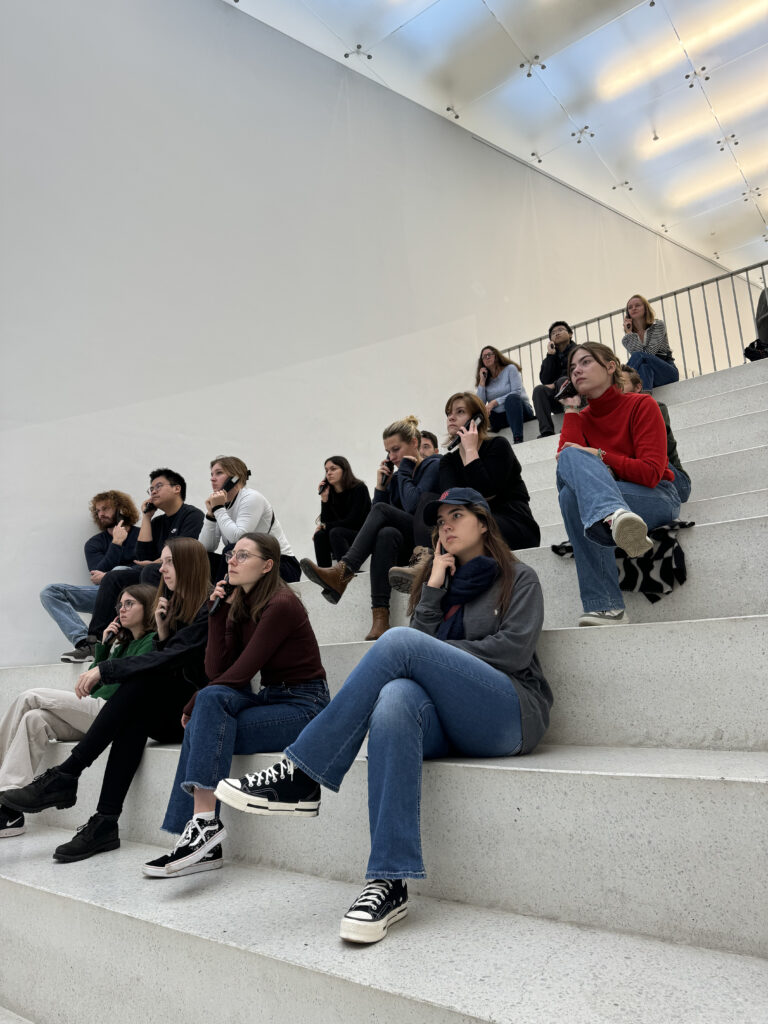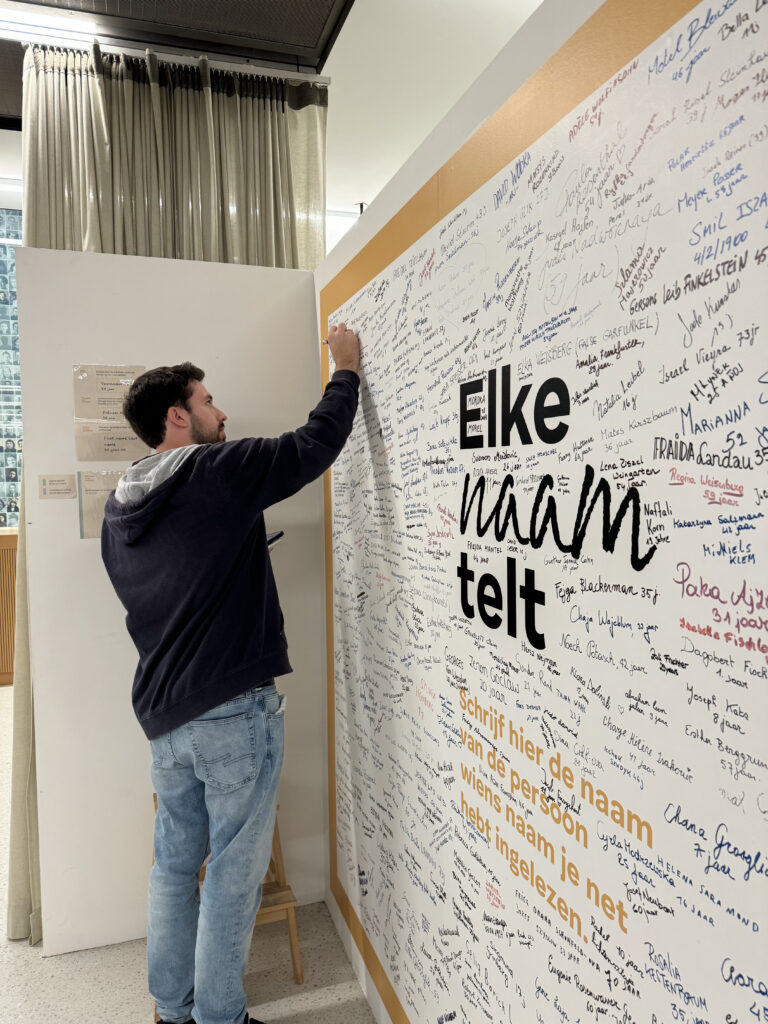This week marked the launch of the EU-funded Art of Remembrance project, as partners gathered at Tempora’s office in Brussels for a comprehensive kick-off meeting. The project, a collaboration between leading cultural and historical institutions across Europe, aims to bridge the gap between history and contemporary art, engaging audiences across Europe with innovative artistic expressions and narratives.
The consortium, spearheaded by Tempora, includes the LRE Foundation alongside the City of Bastogne (Belgium), La Coupole Museum (France), the Nuto Revelli Foundation (Italy), and the Sybir Memorial Museum (Poland).
A Project that bridge History and Art
As time moves further away from the events of the Second World War, keeping its memories accessible for future generations becomes increasingly challenging. The Art of Remembrance project seeks to address this by reimagining WWII remembrance through contemporary art.
At its core, the project aims to transform WWII remembrance sites into dynamic spaces for artistic creation and dialogue. This will be achieved through artist residencies, in which artists will create new works inspired by the historical sites where they will work, offering fresh interpretations of the war’s legacy.
The project also emphasizes community involvement, with workshops and seminars that connect local residents with artists, fostering dialogue and making history feel more accessible.
Art of Remembrance will culminate in a travelling exhibition, showcasing the artworks across Europe, supported by publications and an online platform. This will ensure the reinterpretation of WWII history reaches a wide audience, keeping the past alive and relevant for generations to come.
Insights from the Kick-Off Meeting
The kick-off meeting at Tempora served as a starting point for this multi-faceted initiative. Partners shared their organizational insights, discussed the project’s objectives, and delved deeper into some of the specifics, such organizing the traveling exhibition’s logistics and the artist residencies’ structure.
Participants also had the chance to tour Tempora’s renowned laboratory drawing inspiration from its expertise in crafting compelling exhibitions.
The meeting concluded with a discussion of budget allocations, administrative requirements, and a clear roadmap for the next phases of the project. Key immediate tasks include finalizing the call for artist proposals and establishing timelines for workshops and exhibitions.
With its innovative approach, Art of Remembrance represents a bold step toward rethinking WWII remembrance sites as spaces of creativity and cultural exchange. By connecting past and present through art, the project aims to keep the lessons of WWII alive and relevant for generations to come.
For more information on Art of Remembrance and updates on its progress, stay tuned to the LRE Foundation’s official channels.

